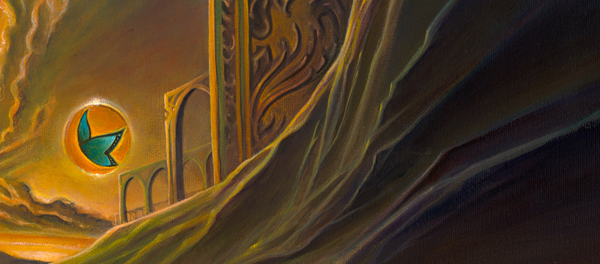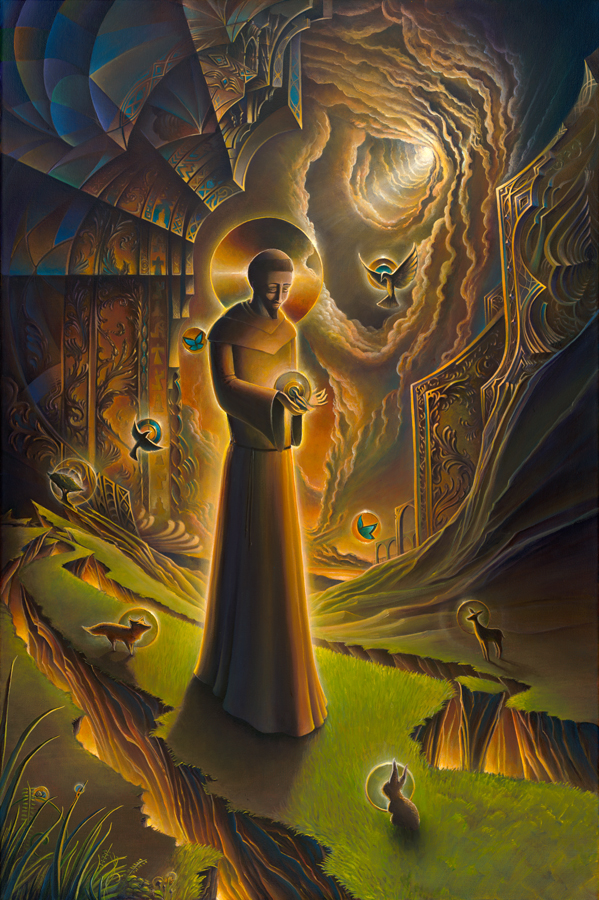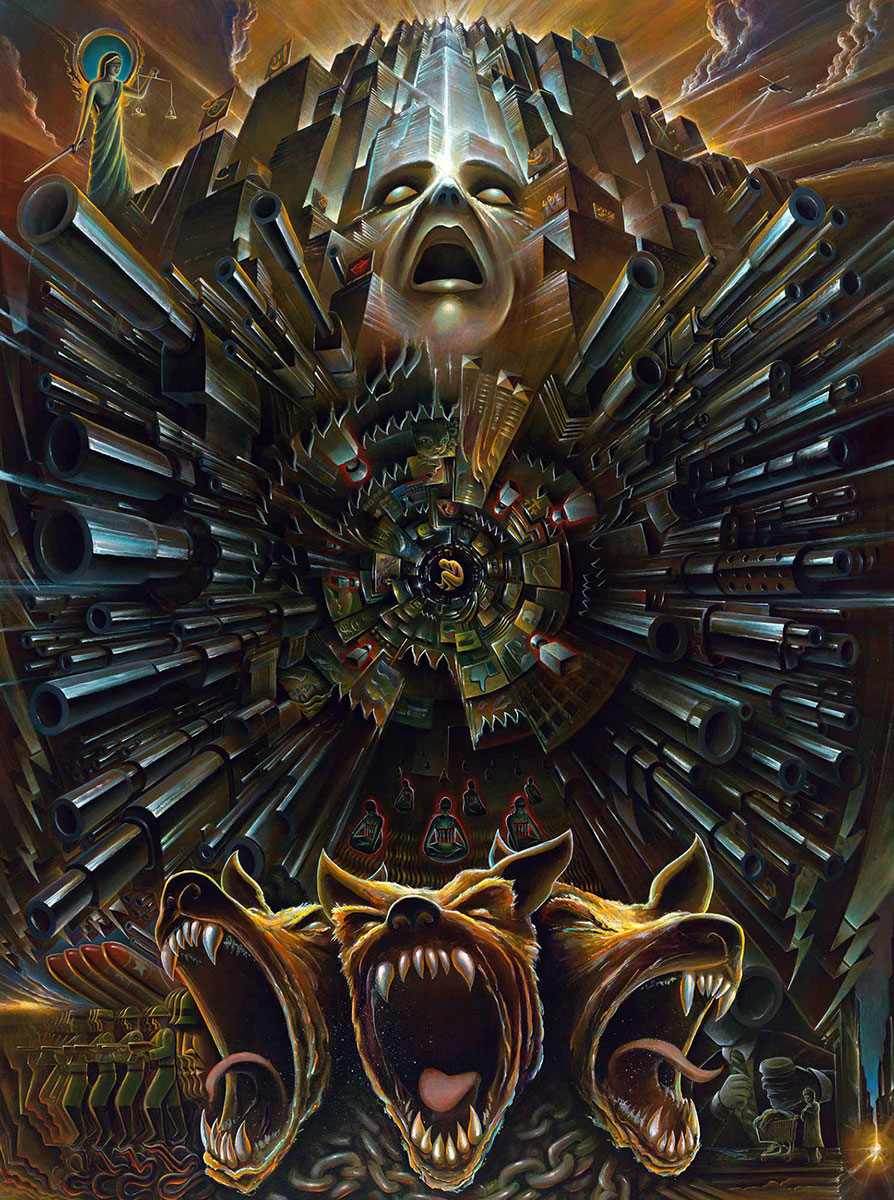Compassion: Recognizing Ourselves In Others

Here is a thing that boggles my mind: we need to convince other - we need to argue about - why people should be compassionate towards one another. We need to debate why we should guarantee a living wage? How is the bottom line more important than the basic needs of your workers? We discuss into absurdity why we should pass laws to guarantee that our veterans are cared for. And we need to convince people that we should care for the planet instead of just dumping toxic chemicals will-nilly everywhere. And we have the world we've created... that echoes all of these struggles.
Why should we be compassionate and how far should that compassion extend? Just to people who look like us, act like us, think like us? What about the people who are different than us? What about to, say, a tree, a bird, or the air? What's the use - the utility - of compassion?
Recognition (The Compassion of St. Francis)

St. Francis - he always seemed to be around when I was growing up. I had a St. Francis nightlight of glowing yellow translucent porcelain. A two foot tall concrete statue of him lived in the garden. He was over our big console TV, as a cross stitch on burlap or something - some coarse material. It was made in the 70s. In that image, St. Francis was walking outside and had a bird in his hand. I remember, too, a rabbit, another bird flying, and a butterfly. The stitching was sparse but there he was.
So he was around - the image and idea of him anyhow. But who was he, to me, growing up? Of all the characters of Christian pantheon - and I heard about plenty, having been raised Roman Catholic - he seemed to be the least mythic and the most human. He was a simple and gentle man, a monk, who loved nature and walked amongst the animals and saw the Divine in all things.
Fierceness: “First World Problem Child”

"My kind of loyalty was loyalty to one's country, not to its institutions or its officeholders. The country is the real thing, the substantial thing, the eternal thing; it is the thing to watch over, and care for, and be loyal to; institutions are extraneous, they are its mere clothing, and clothing can wear out, become ragged, cease to be comfortable, cease to protect the body from winter, disease, and death."
Mark Twain, A Connecticut Yankee in King Arthur's Court
Some thoughts on a painting. Or - what's this about? So.... here we go...